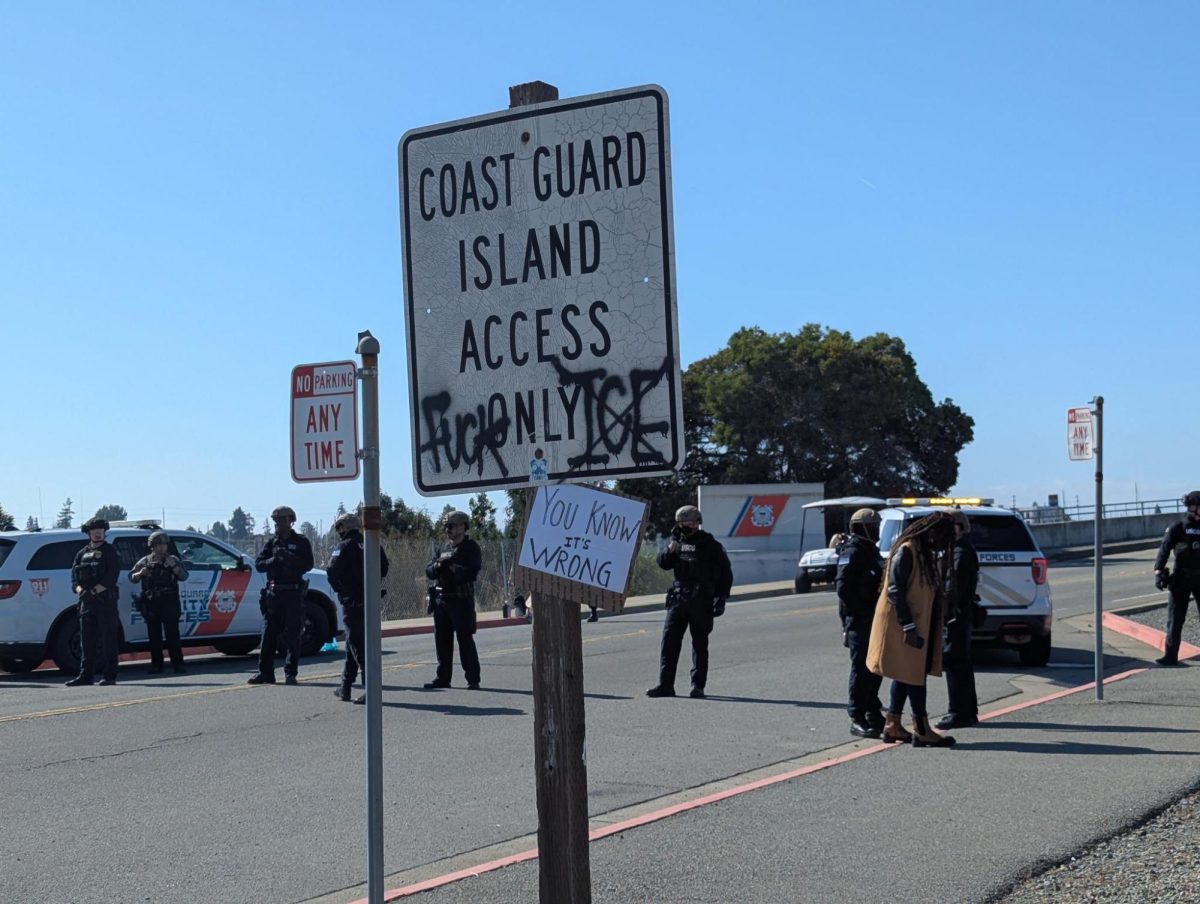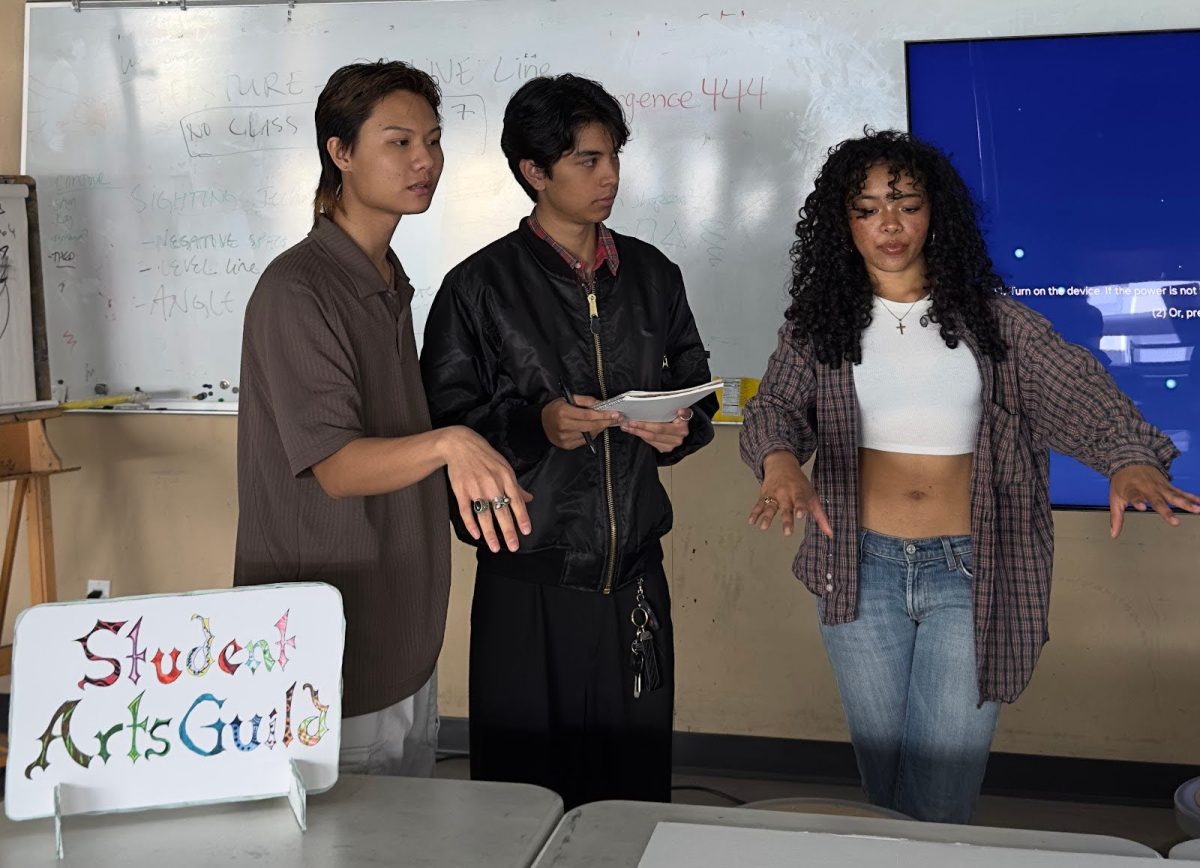Following the approval of a new Budget Development Calendar, the Peralta Community College District held a Participatory Governance Retreat March 22. At the 3.5-hour long public event, faculty, classified personnel, administrators, and students alike discussed shared governance and the budget planning process with respect to the new calendar.
The revamped calendar, approved on Feb. 23, affects the Planning and Budgeting Integration Model (PBIM), which is the model PCCD uses for budget allocations and resource management. Groups that exist under this model include the Planning and Budgeting Council (PBC) and the Participatory Governance Council, who influence and provide their recommendations on upcoming budgets.
According to Interim Vice Chancellor of Finance and Administration, Nathaniel Jones III, the calendar was recrafted to allow for greater input from college budget committees, as well as academic and classified senates.
The changes added new special budget meetings in May and September, allowing more input from the participatory governance groups at the start and ends of school years.
Additionally, the PCCD Board of Trustees calendar has been adjusted to better compensate for the academic calendar, making them meet in August instead of July. This has been an issue in the past since faculty contracts are generally not active in July, according to Thomas Renbarger, the faculty tri-chair of the PBC.
At the Feb. 27 meeting of the PCCD Board of Trustees, District Academic Senate (DAS) President, Matthew Goldstein, reflected on the impact the new calendar could have on the district’s constituency groups during his report to the board.
“This will improve the ability of faculty, staff, even administrators and students, to get involved in the budget planning process,” Goldstein said.
Jeff Sanceri, College of Alameda faculty and president of the Peralta Federation of Teachers (PFT), told The Citizen on March 5 that both the PFT and the DAS “have been pushing, promoting, and frankly begging for” the new calendar for years.
Last semester, faculty raised frustrations with the limitations of the former Budget Development Calendar, citing a lack of adequate opportunity to weigh in on the district’s 2023-24 budget.
At this year’s retreat, led by Chancellor Tammeil Gilkerson, participants engaged in active dialogue around shared governance and the budget planning process. This came in the form of group activities such as creating posters, as well as open discussion on listing the pros and cons of the current shared governance system.
One key question raised by attendees was whether the current system of shared governance adequately supported student needs. The current tri-chair structure of PBIM groups gives one representative each to administration, classified personnel, and faculty.
“There is a tri-chair structure – an inclusive intent, although that does not include students,” Acting President of College of Alameda, Pamela Luster, said.
Some confusion surrounds the PBIM handbook, which has technically been in draft phase since 2017.
“Since it never made it past draft, it’s not really clear how we’re supposed to follow that,” Mark Johnson, PCCD’s Executive Director for Marketing, Communication, and Public Relations, said.
Jones, the district’s head of finance, reflected on the retreat in a separate interview with The Citizen. “I thought that most people left feeling hopeful,” he said.
While more work still needs to be done, Jones believes that the Participatory Governance Council is off to a good start to approaching tasks in a way that is “positive, collegial, and centered around doing what is the best interest of our students and community.”


























